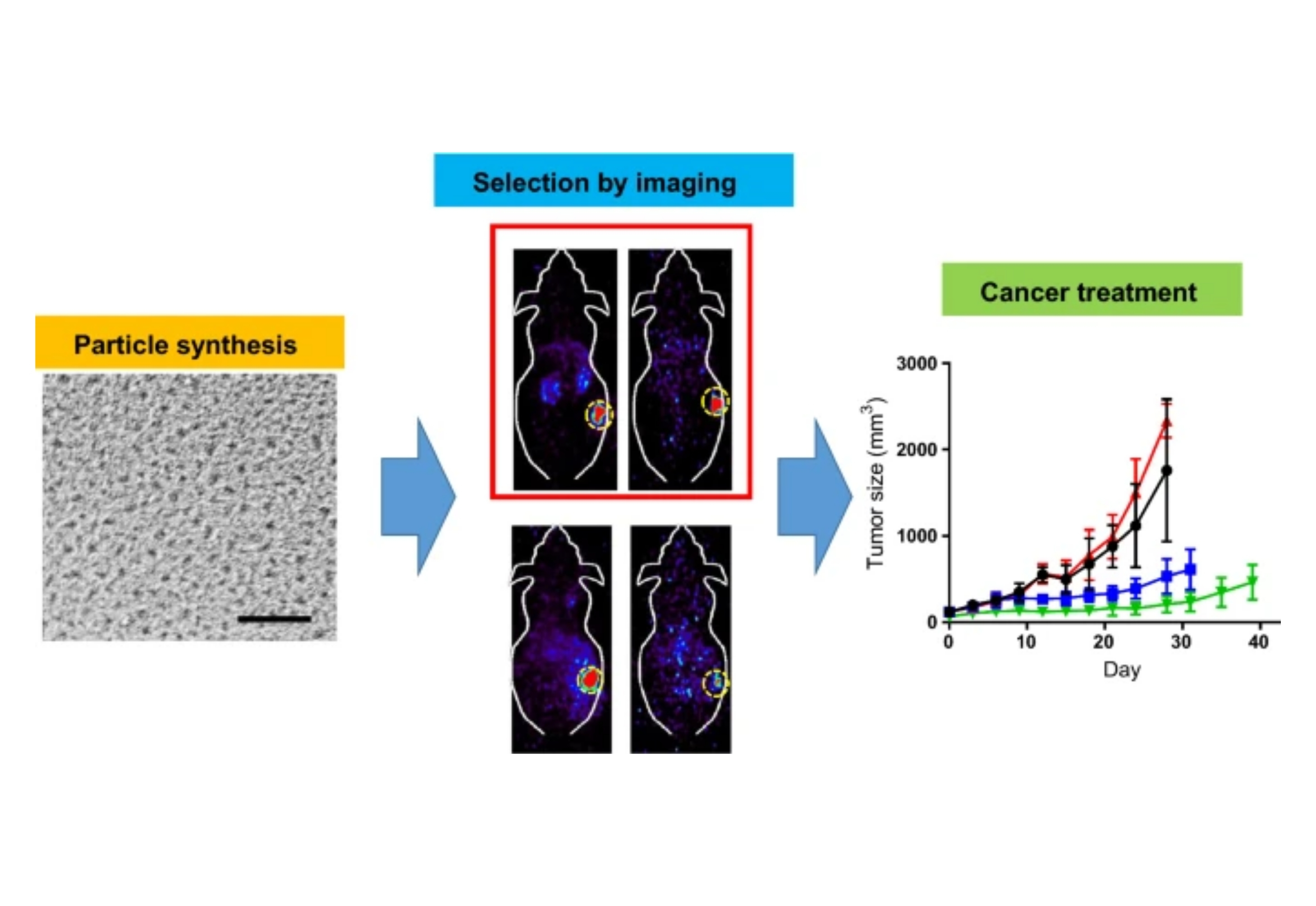Image-guided selection of Gd@C-dots as sensitizers to improve radiotherapy of non-small cell lung cancer
Abstract
Background
Recently, gadolinium-intercalated carbon dots (Gd@C-dots) have demonstrated potential advantages over traditional high-Z nanoparticles (HZNPs) as radiosensitizers due to their high stability, minimal metal leakage, and remarkable efficacy.
Results
In this work, two Gd@C-dots formulations were fabricated which bore carboxylic acid (CA-Gd@C-dots) or amino group (pPD-Gd@C-dots), respectively, on the carbon shell. While it is critical to develop innovative nanomateirals for cancer therapy, determining their tumor accumulation and retention is equally important. Therefore, in vivo positron emission tomography (PET) was performed, which found that 64Cu-labeled pPD-Gd@C-dots demonstrated significantly improved tumor retention (up to 48 h post injection) compared with CA-Gd@C-dots. Indeed, cell uptake of 64Cu-pPD-Gd@C-dots reached close to 60% of total dose compared with ~ 5% of 64Cu-CA-Gd@C-dots. pPD-Gd@C-dots was therefore further evaluated as a new radiosensitizer for non-small cell lung cancer treatment. While single dose radiation plus intratumorally injected pPD-Gd@C-dots did lead to improved tumor suppression, the inhibition effect was further improved with two doses of radiation. The persistent retention of pPD-Gd@C-dots in tumor region eliminates the need of reinjecting radiosensitizer for the second radiation.
Conclusions
PET offers a simple and straightforward way to study nanoparticle retention in vivo, and the selected pPD-Gd@C-dots hold great potential as an effective radiosensitizer.
Citation
Ma, X., Lee, C., Zhang, T. et al. Image-guided selection of Gd@C-dots as sensitizers to improve radiotherapy of non-small cell lung cancer. J Nanobiotechnol 19, 284 (2021). https://doi.org/10.1186/s12951-021-01018-9


